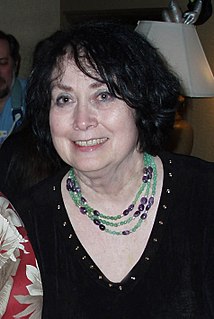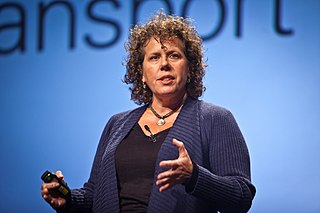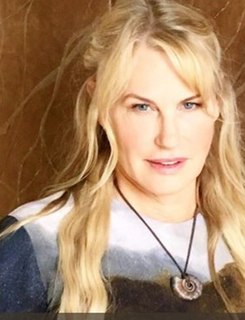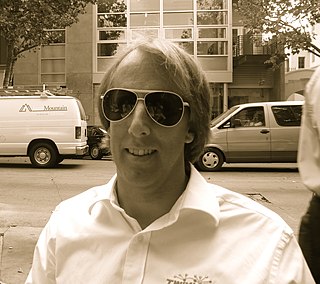A Quote by Ban Ki-moon
The explosion in access to mobile phones and digital services means that people everywhere are contributing vast amounts of information to the global knowledge warehouse. Moreover, they are doing so for free, just by communicating, buying and selling goods and going about their daily lives.
Related Quotes
Somebody's buying these treasury bills at 1/20th of one percent. I mean we consuming about $2 billion a day of goods and services beyond what we're producing.As long as we consume more than we produce, and we trade away little pieces of the country daily, they're going to own something. Now, they can't run from American assets. I mean every day the rest of the world is going to have about two billion more of American assets than we have, as long as they sell us these goods.
I travel the world visiting global health programs as an ambassador for the global health organization, PSI, and sometimes the disconnect I see is truly striking: people can get cold Coca Cola, but far too infrequently malaria drugs; most own mobile phones, but don't have equal access to pre-natal care.
With a profession such as investing, people see the 'doing' as the buying and selling. It is difficult to come home from work, and answer your spouse's question, 'what did you do today?' with 'well, I read a lot, and I talked a little.' If you're not buying or selling, you may feel you aren't doing anything.
Many students don't really like it (fashion). If they don't like it, they won't be able to tell you who the stylists are or the photographers. If they say they can't remember the names but they recognize the work, I'll say that's bullshit because if you were selling mobile phones, you'd know all about the phones' features and tariffs.
We all know of the dangers and inequities of the traditional digital divide: People who have good access tocomputer networks have a distinct advantage - in terms of both life opportunities and quality of life, I wouldargue - over the vast majority of the world's population that does not yet have good access to computernetworks. The "other" digital divide points to an increasingly unstable situation that has developed inlibrarianship as digital libraries have evolved and matured.









































